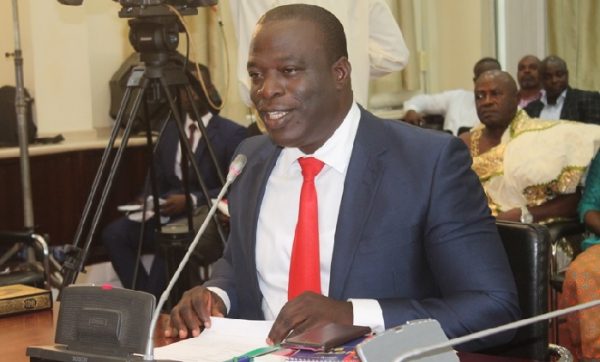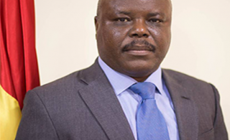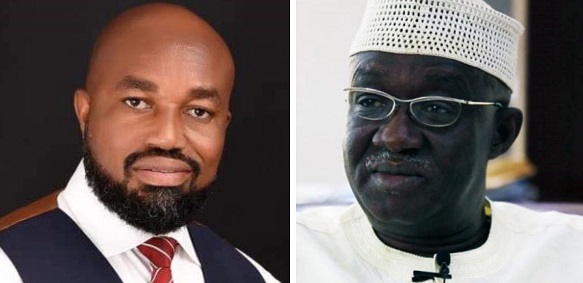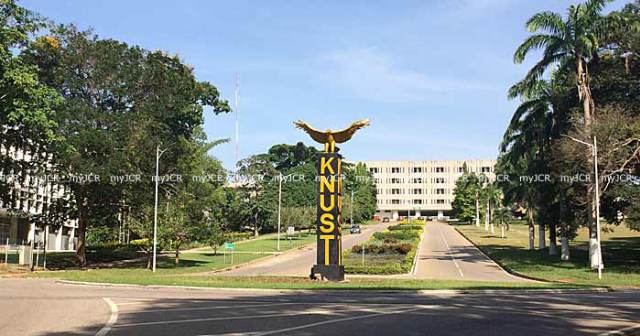Nation Builders Corps employees to be paid GHc 600 – Minister
- Posted on
- Comment
 The Employment and Labour Relations Minister Ignatius Baffuor Awuah has revealed that the 100,000 unemployed graduates to be hired under the new Nation Builders Corps initiative will receive GHC600 each per month.
The Employment and Labour Relations Minister Ignatius Baffuor Awuah has revealed that the 100,000 unemployed graduates to be hired under the new Nation Builders Corps initiative will receive GHC600 each per month.
He further noted that the new programme which aims at addressing livelihood empowerment and graduate unemployment will also serve as a safe-haven for those who may have completed their National service but have not yet been engaged to get something doing while looking for a permanent work.
Responding to arguments that given the amount allocated for the programme the remuneration will be in the region of GHC500 for a graduate, Mr. Baffuor-Awuah stated that the amount being quoted is an average figure.
“Graduate may not necessarily mean only graduates from the universities. We have graduates spanning from those who perhaps may have had technical vocational skills at the intermediary level; may spread through the advance level to those who have also done Diploma, High National Diploma, Degrees and what have you. So the GCH600 is thus an average figure,” he told Starr News’ Parliamentary Correspondent Ibrahim Alhassan in an exclusive interview.
“But I believe that it would be categorised based on the level of entry,” he added.
Announcing the new programme last month during his presentation of the 2018 budget, Finance Minister Ken Ofori Atta said it will focus on solving public service delivery in the health, education, agriculture and sanitation sectors as well as drive revenue mobilization and collection.
Also, he said under the program, graduates will be trained, equipped with the necessary work tools and deployed around the country to be engaged in the five sectors of the economy.
According to him, the Nation Builders Corps will be housed under the Office of the President as a special initiative and on average; every district will provide jobs for 462 graduates.
The graduates will be employed on the following five sectors “Teach Ghana” program which will focuse on Science, Technology, Engineering and Technology and Mathematics (STEM); a “Clean Ghana” program to be focused on enforcing sanitation laws and inspection to ensure clean communities.
The rest are “Heal Ghana” program where trained nurses and other healthcare workers will be employed to provide healthcare delivery to deprived and rural communities across Ghana; “Feed Ghana” program where trained Agricultural extension and other allied workers will be hired to provide extensive support to farmers along the agriculture value chains and the “Revenue Ghana” program where tertiary graduates will be employed to mobilize the youth to collect taxes that have been difficult to mobilize and enforce collection for the development of Ghana.
-Starrfmonline










 (Selorm) |
(Selorm) |  (Nana Kwesi)
(Nana Kwesi)